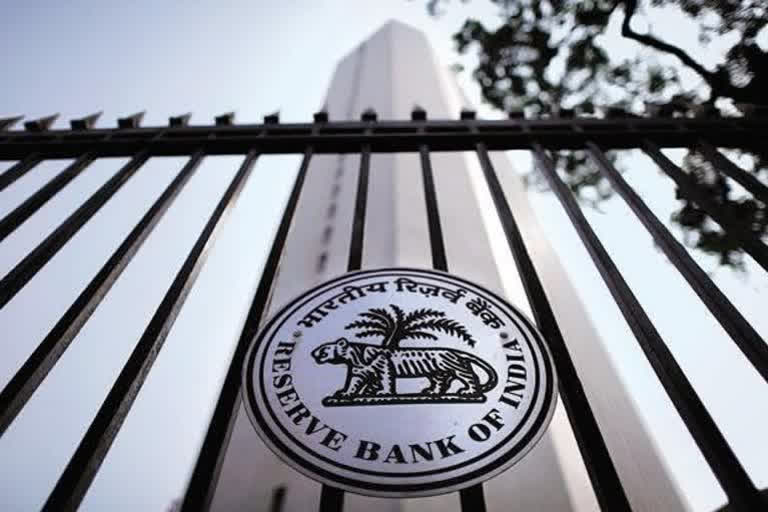New Delhi: The government and the Reserve Bank need to come out with a bold and comprehensive package to help small and medium enterprises tide over the unprecedented crisis created by COVID-19, said veteran co-operator and RBI central board director Satish Marathe.
Piecemeal initiatives will not help the industry as “this is an exceptional crisis and warrants exceptional response,” Marathe told PTI.
The coronavirus crisis is likely to end in the next three to six months, but the industry, which bore the brunt of slowdown during 2019, will take much longer to recover, he said.
Referring to the recent measures announced by the government and the RBI to mitigate the impact of the pandemic, he said, these are only for short term and may not yield the desired results as the problem is severe and has been further aggravated by the lockdown.
There is a need for a bold and comprehensive package to ensure that the industry, especially unorganised sector and MSMEs, comes back on track as quickly as possible once coronavirus is contained and the lockdown is lifted, said Marathe, who is also the founder member of Sahakar Bharati.
In a letter written to Finance Minister Nirmala Sitharaman, Sahakar Bharati said announcements made by the government and the central bank would make little impact both on the borrowers and lenders.
There is a need to relax bad loan guidelines for classification of non-performing assets (NPA), it said, adding the delinquency period should be raised from 90 days to 180 days. In India, Marathe said, a business is run with support from bank credit unlike in developed economies where it is propelled by capital.
He also suggested that provisioning norms be kept in abeyance for 1 year and rescheduling be allowed in all personal and retail loans without downgrade.
Even the steps like three-month moratorium on EMI payments offered by banks to borrowers hit by COVID-19 lockdown are not providing any income protection as they will have to bear the extra cost of interest charged by lenders and a longer repayment period.
Bankers say it is an expensive proposition for any borrower to opt for three-month suspension as announced by the RBI.
Last Friday, the RBI announced that all term loans, including retail and crop loans and working capital payments, will be covered by the three-month moratorium.
The RBI notification had said "the repayment schedule for such loans as also the residual tenor, will be shifted across the board by three months after the moratorium period. Interest shall continue to accrue on the outstanding portion of the term loans during the moratorium period".
The instalments included payments falling due from March 1 to May 31 such as the principal and/or interest components; bullet repayments; equated monthly instalments; and credit card dues. Term loans and working capital facilities include all term loans (including agricultural term loans, retail and crop loans), all commercial banks (including regional rural banks, small finance banks and local area banks), co-operative banks, all-India financial institutions, and NBFCs (including housing finance companies).
All these are permitted to grant a moratorium of three months on payment. In respect of working capital facilities sanctioned in the form of cash credit/overdraft, lenders are permitted to defer the recovery of interest applied in respect of all such facilities during the deferment period. "But the accumulated accrued interest shall be recovered immediately after the completion of this period," the RBI had said.
(PTI Report)



